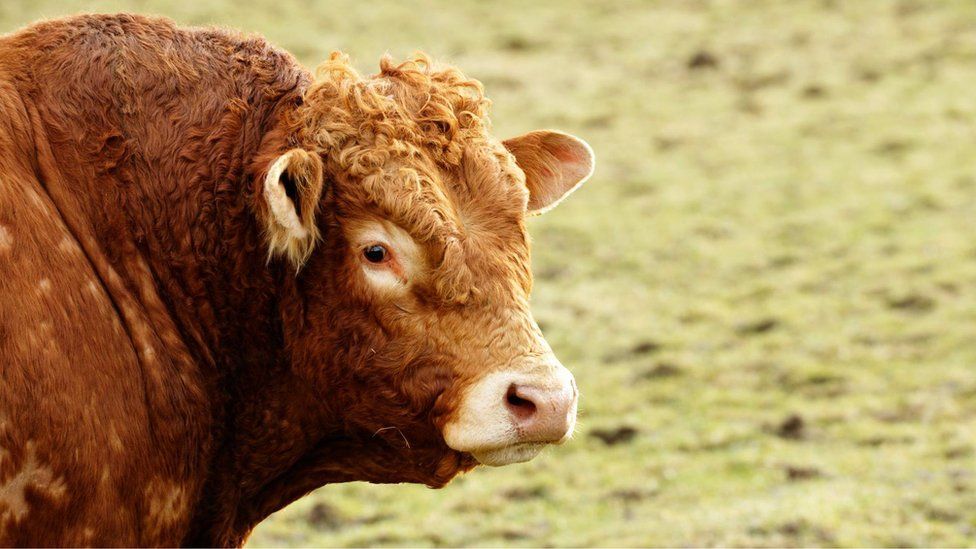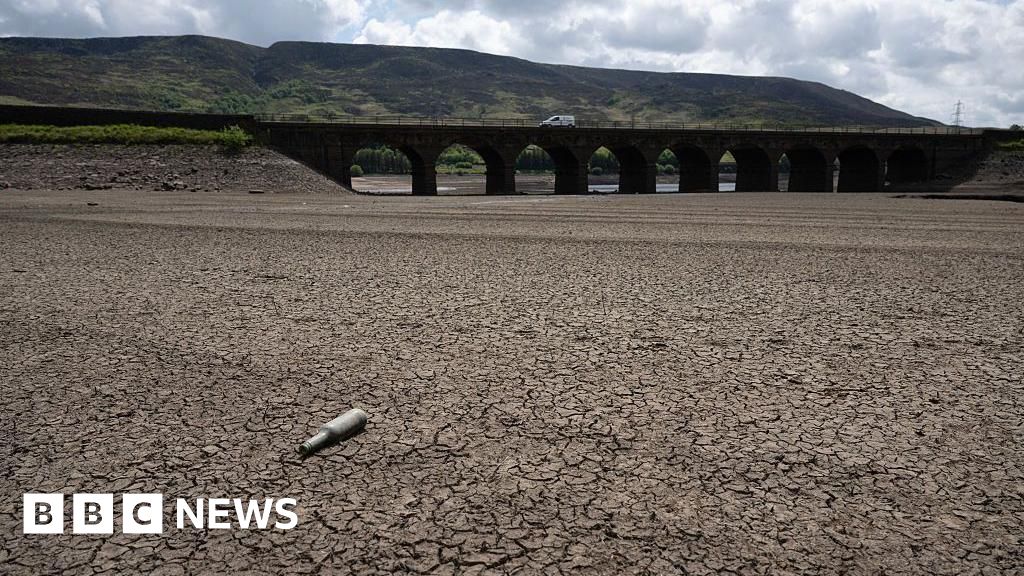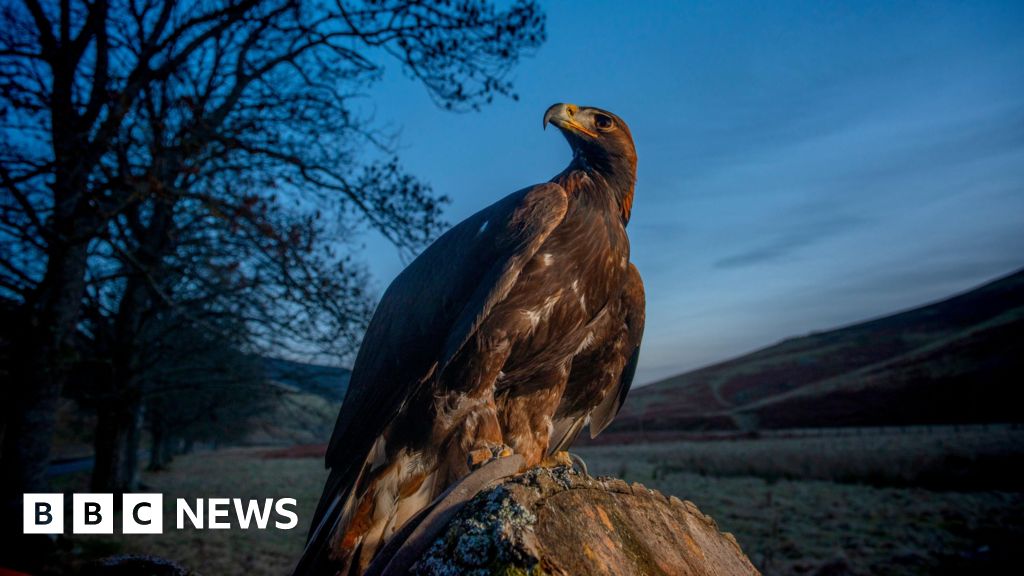ARTICLE AD BOX
 Image source, Getty Images
Image source, Getty Images
Semen from prize-winning animals can command a very high price
By Louise Cullen
BBC NI agriculture and environment correspondent
Two artificial insemination tanks have been stolen during a burglary in Clogher, County Tyrone.
They are thought to have been taken from an outbuilding on Ballyness Road sometime between 15:00 on 21 October and 13:00 BST on 23 October.
The tanks contained what has been described as a "large quantity" of cattle semen.
It is stored in straws in compartments inside the cryogenic storage tanks.
The size of the tanks stolen is not known but the police say they and their contents were of "significant value".
Cattle semen can be expensive depending on the quality of the bull.
Semen from prize-winning animals can command a very high price.
Analysis: 'You don't mess around with liquid nitrogen'
This theft has surprised those in agriculture.
Tools and quad bikes, even animals, are more easily stolen and sold on.
Semen storage is a specialised industry and as one farmer put it to me: "You don't mess around with liquid nitrogen."
It's used for cryogenic storage - essentially freezing something to preserve it.
But that cold temperature makes it very dangerous, which is why those using it for artificial insemination storage must be trained and registered.
And the tanks must be topped up several times a year to keep them functioning.
They are of a size that they can be transported in a car, strapped in with a seat belt.
But you would have to drive very slowly to ensure the lid didn't come off.
Image source, Getty Images
Image caption,Those handling liquid nitrogen for artificial insemination storage must be trained and registered
Preserving bull semen is about sustaining genetics that can be irreplaceable.
I'm told the remaining straws of one Charolais prize-winning bull, which died some years ago, are now being sold for £500 or more apiece, as the quantity is running out.
The tank itself may cost £2,000 or more new.
But it is unlikely to fetch anything like that as a stolen item.
They will each have had five or six storage compartments in them, each containing perhaps as many as two or three hundred straws.
But just briefly touching the straw after lifting it out can kill the contents or vastly reduce their potential.
Greenhouse gases
Artificial insemination is important in farming for several reasons.
It is safer in physical and biosecurity terms than bringing a bull into a herd.
But it also allows farmers to develop the genetic quality of their herd.
That can be for productivity, temperament or other characteristics.
And under the new Ruminant Genetics Programme, it is also for environmental reasons.
Scientists want to improve the genetic quality of the herdstock for environmental performance - mainly reducing emissions - because agriculture is responsible for 28% of the greenhouse gas produced in Northern Ireland, and most of that comes from cattle.
So part of the programme's focus is on breeding cattle that produce less methane.

 1 year ago
80
1 year ago
80








 English (US) ·
English (US) ·